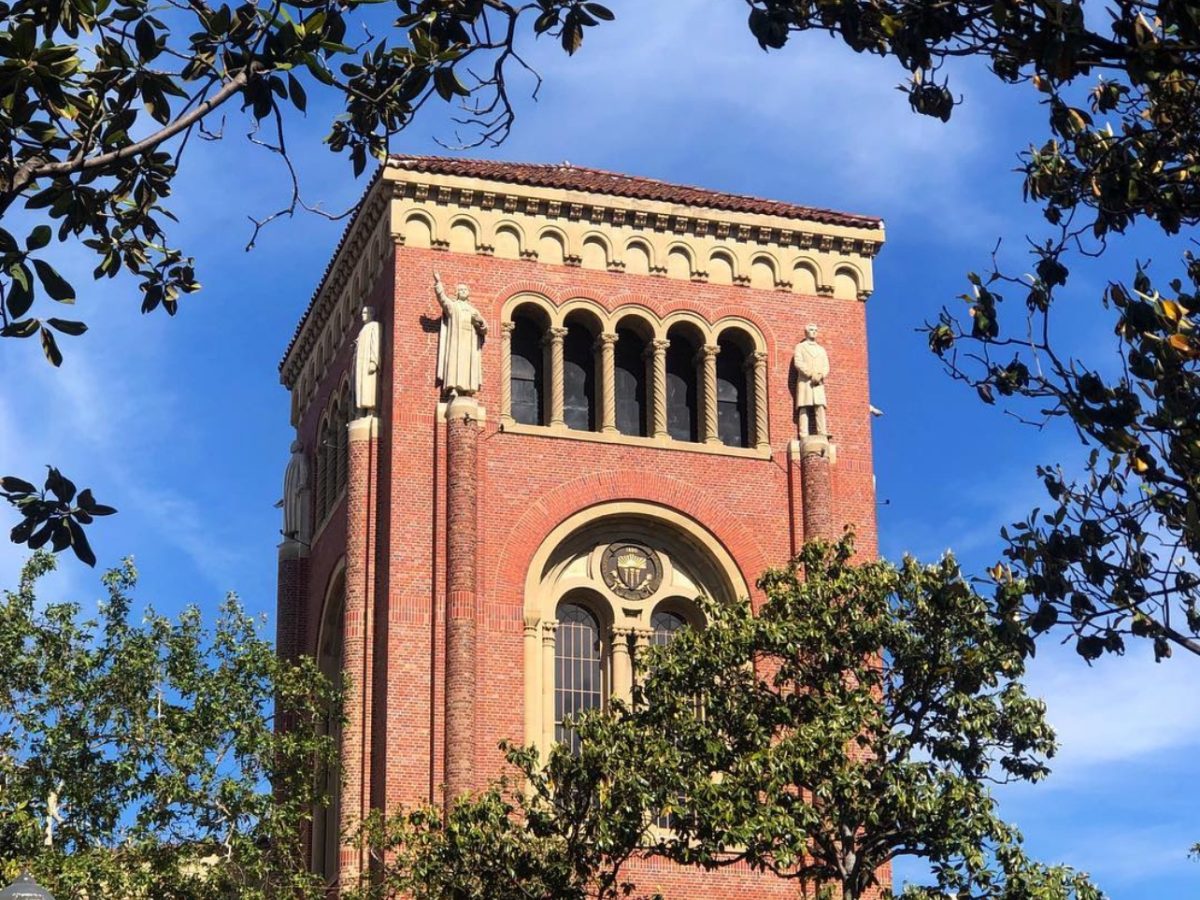Effective Sept. 2025, California will ban legacy admissions at private and nonprofit universities with Assembly Bill 1780.
Legacy admissions are the practice of giving special consideration to college applicants who have familial alumni and donors. For years, top colleges such as Stanford and University of Southern California (USC) have incited controversy for accepting students on these grounds, according to a 2022 Pew Research survey.
AB 1780, or the “Merit-Based Educational Reforms and Institutional Transparency Act,” prohibits private universities that give preferential treatment from receiving funding through the Cal Grant program, a financial aid program designed for California students.
“In California, everyone should be able to get ahead through merit, skill, and hard work,” Gov. Gavin Newsom said in a statement addressing the bill. “The California Dream shouldn’t be accessible to just a lucky few, which is why we’re opening the door to higher education wide enough for everyone, fairly.”
While widely accepted and celebrated, the bill has not received unanimous approval from California students and its population.
To be honest, [banning legacy has] been a long time coming. Legacy is part of the flawed college admissions system that prevents qualified underprivileged kids from taking their chances at elite universities,” senior Olivia Kang said. “However, I do understand the value of an alumni community that this forms, especially at colleges like USC. I know tons of USC parents who are upset about this ban.”
The movement to ban legacy admissions is not new. UC and CSU systems have banned both legacy and affirmative action admissions since 1998. Along with this, the 2023 Supreme Court decision for Students For Fair Admissions v. Harvard University deemed race-based admissions unconstitutional. Organizations such as Forbes believed legacy preference policies to likewise discriminate against students from underrepresented groups.
“I think [banning legacy admissions is] a great step forward in evening the playing fields as much as we can in such a diverse state with so many applicants of varying careers and backgrounds,” senior Hiranmayee Subramanyam said.
While the bill will alter the college admissions structure, universities such as USC have released statements, confirming their compliance with the bill. Universities will be required to submit annual reports to the state about their admissions, ensuring they adhere to the bill.
“Hard work, good grades, and a well-rounded background should earn you a spot in the incoming class — not the size of the check your family can write or who you’re related to,” the bill’s author Assemblyman Phil Ting (D-San Francisco) said in a statement about AB 1780. “Every student deserves a fair shot at their dream school.”































































